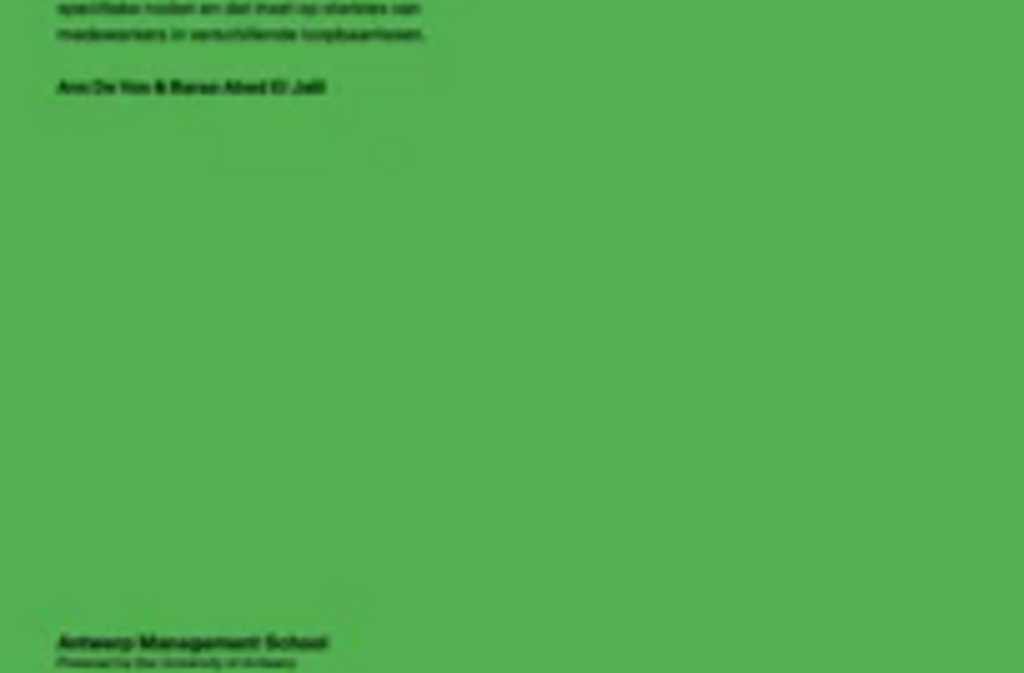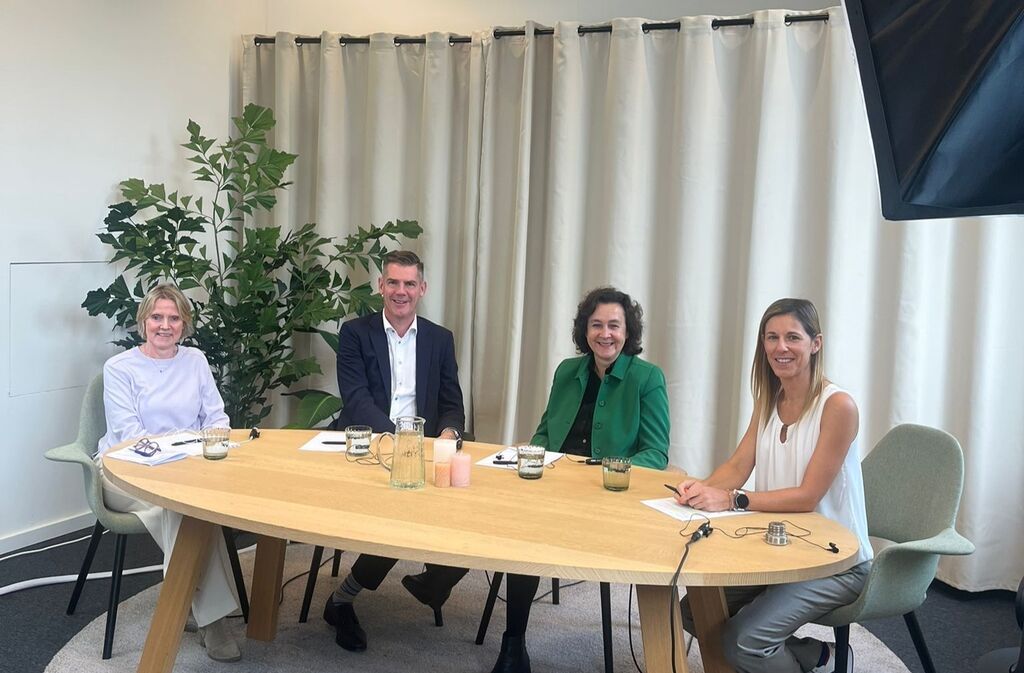1. Structured autonomy
People need autonomy. They need to be able to initiate their own actions, choose their behavior, decide for themselves what they invest in.
This should hardly be a problem today. Home workers can choose when, what and at what pace they work. But autonomy without any structure can be counterproductive. Especially given the uncertainty and ambiguity of the situation we have been finding ourselves in. So provide that structure. State clearly what you expect from your team members, make concrete agreements, discuss with your team members how you will organize the work.
Even more than under normal circumstances: explain the underlying reason for tasks, why they have to be done. Clarify how certain tasks are connected to other tasks, to the end result, to the bigger picture. In other words, make it clear how important it is to devote time and energy to the tasks at hand.






